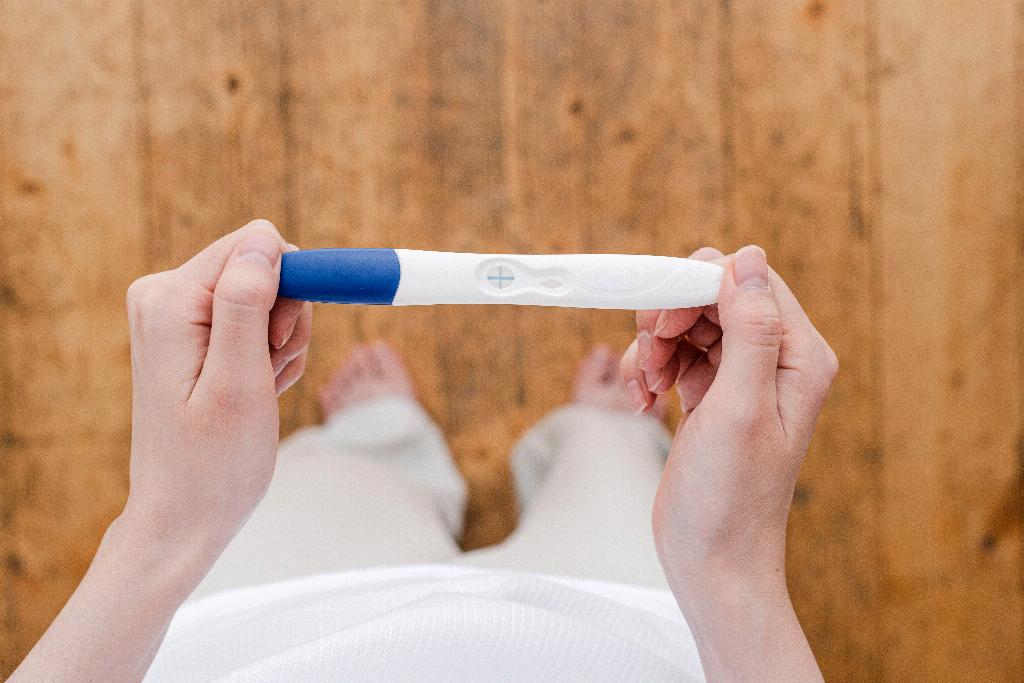One common query among expectant mothers is whether early pregnancy causes mouth dryness. It’s essential to note that dry mouth can indeed be a typical symptom experienced during the early stages of pregnancy. This occurrence is primarily attributed to the various hormonal changes that begin to take place in the body as soon as conception happens.
Several factors contribute to the development of dry mouth in pregnant individuals. Firstly, the surge in hormonal levels, particularly estrogen and progesterone, can lead to alterations in saliva production. This decrease in saliva secretion can result in the sensation of dryness in the mouth, making it a prevalent symptom among pregnant women.
Moreover, the increased demand for water intake during pregnancy is also a crucial aspect to consider when discussing mouth dryness. Expecting mothers often find themselves needing to consume larger quantities of water to stay adequately hydrated, especially as the body works tirelessly to nurture and support the developing fetus.
Aside from hormonal fluctuations and hydration requirements, the physical changes that occur in the body during pregnancy can also impact oral health. Pregnant individuals may experience changes in their oral mucosa, leading to sensations of dryness or discomfort in the mouth. These alterations, coupled with hormonal shifts, can further contribute to the prevalence of dry mouth.
While dry mouth is a common occurrence in early pregnancy, it’s essential to differentiate between regular symptoms and potential underlying conditions that may exacerbate this issue. In some cases, dry mouth can be a sign of various medical conditions such as thrush, gestational diabetes, or even sleep apnea.
Thrush, a fungal infection caused by Candida yeast, can manifest as dryness in the mouth and throat. Pregnant individuals experiencing persistent dry mouth along with other symptoms such as white patches in the mouth should consult a healthcare provider for proper evaluation and treatment.
Gestational diabetes, a form of diabetes that develops during pregnancy, can also lead to dry mouth as a result of elevated blood sugar levels. Managing this condition through proper medical guidance, including dietary changes and monitoring, is crucial in alleviating symptoms such as dry mouth.
Additionally, sleep apnea, a sleep disorder characterized by pauses in breathing during sleep, can contribute to dry mouth among pregnant individuals. The interrupted breathing patterns associated with sleep apnea can lead to decreased saliva production and subsequent dryness in the mouth upon waking.
Overall, while early pregnancy can cause mouth dryness due to hormonal shifts, increased water intake needs, and bodily changes affecting oral health, it’s essential to remain vigilant and attentive to any persistent symptoms. Consulting with a healthcare provider can help rule out any underlying conditions and ensure proper management of dry mouth during pregnancy.

